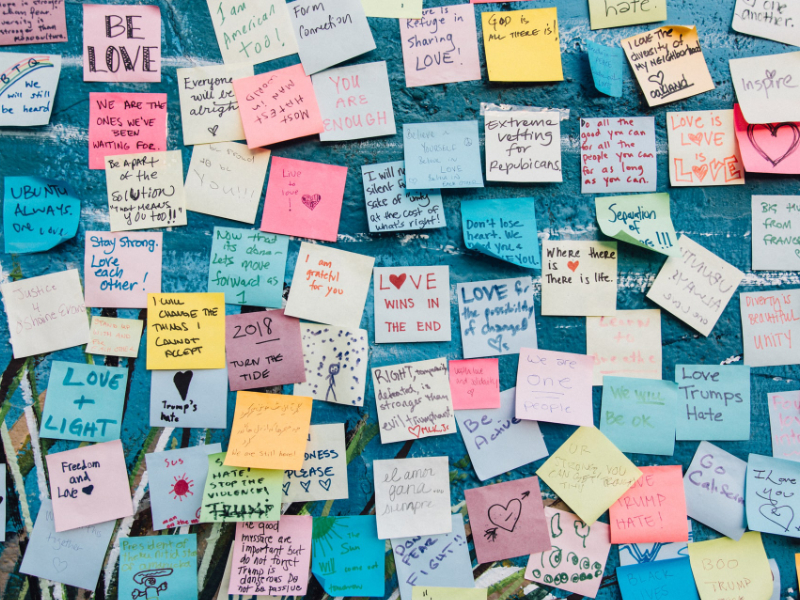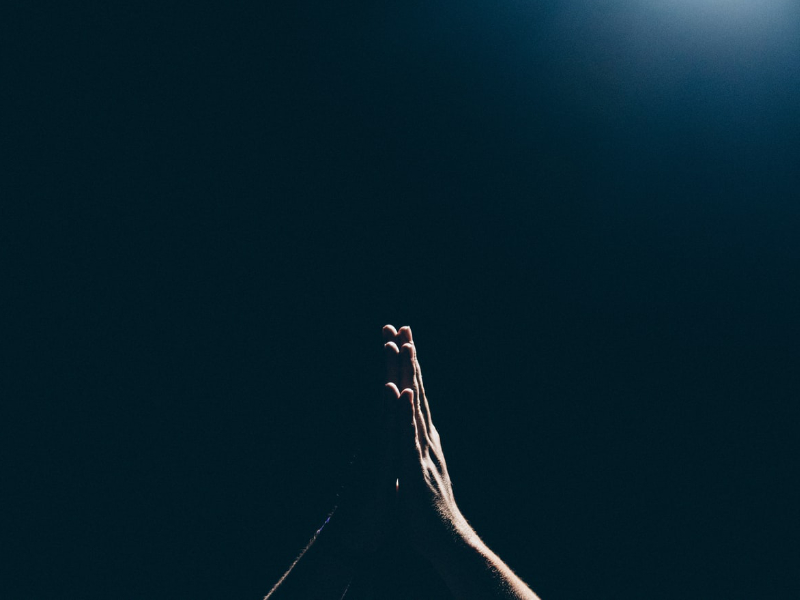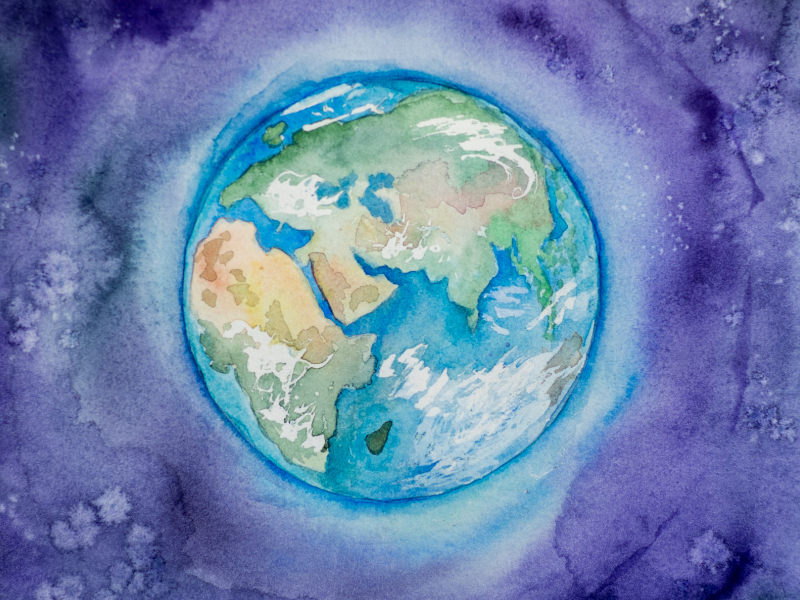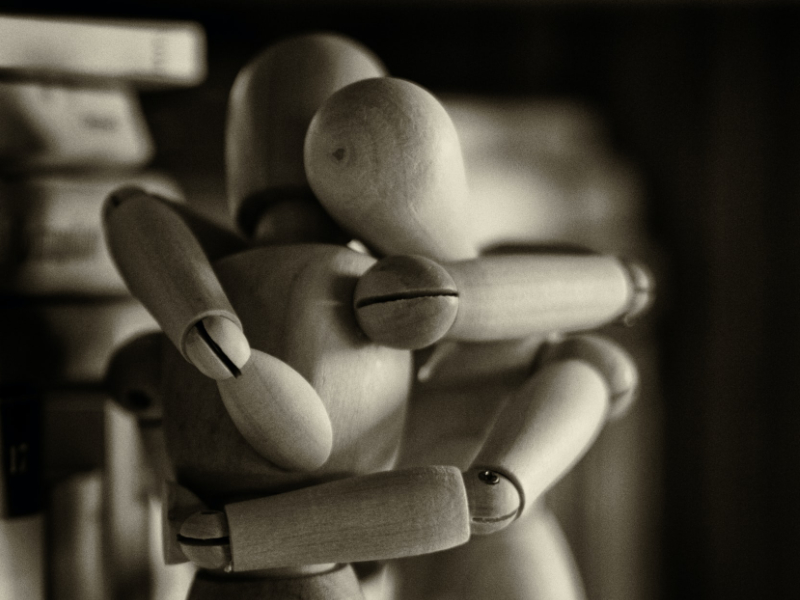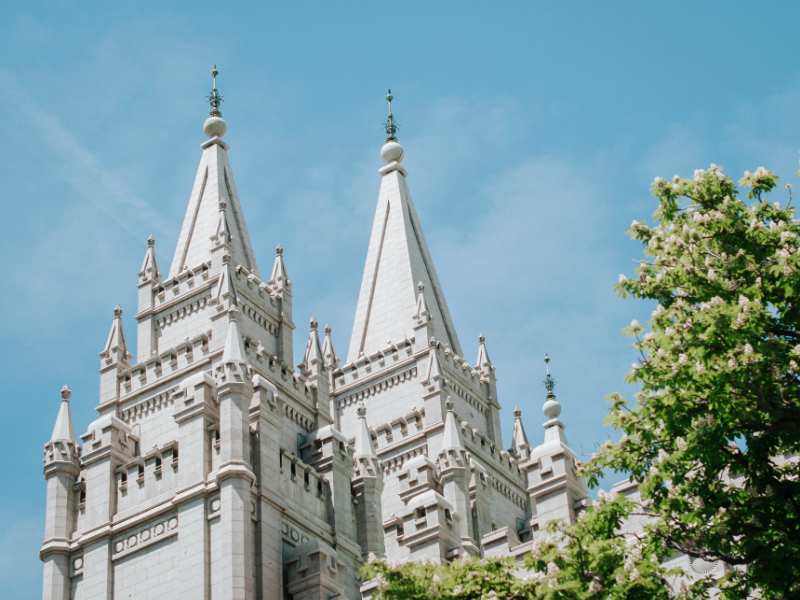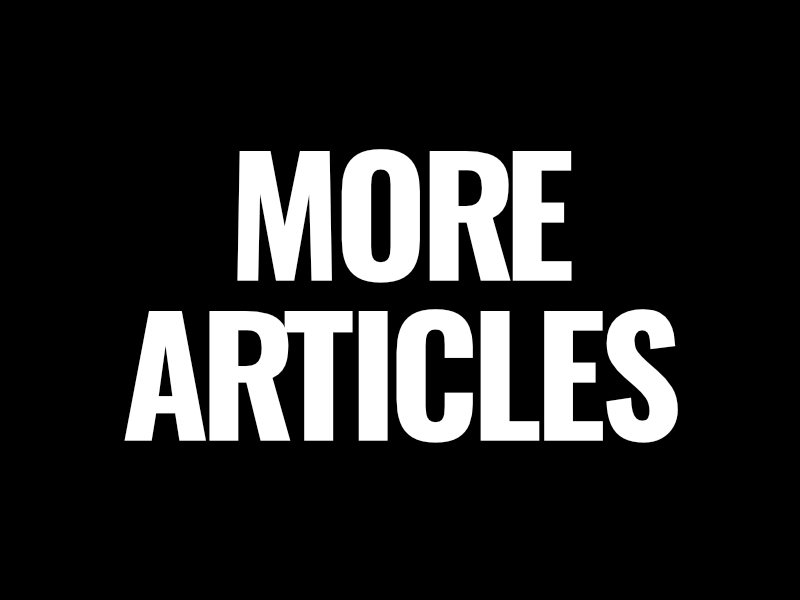How do You know?
– Epistemological Foundations –
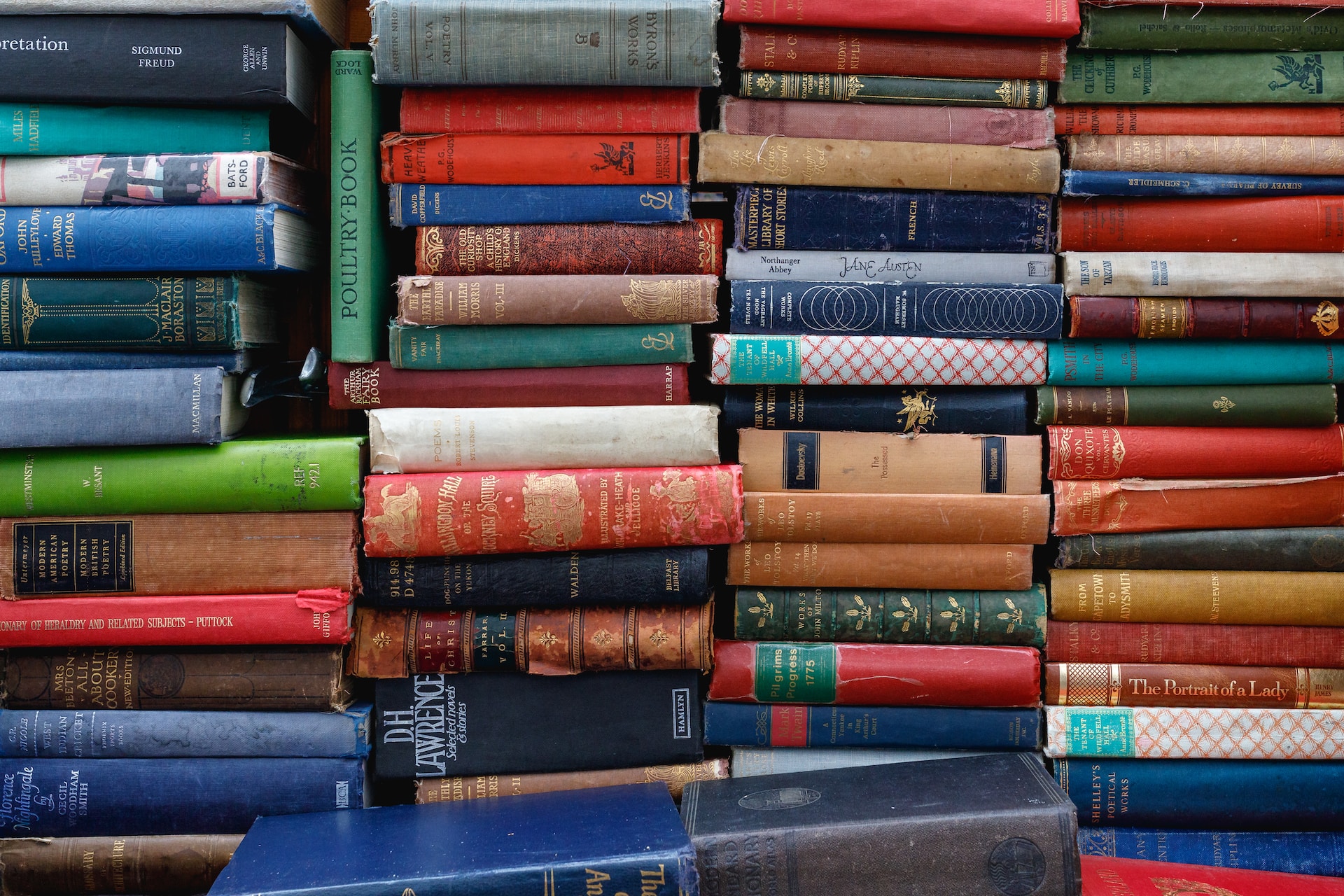
Well, let me just begin by saying I’m very excited for today’s topic — epistemology, or the study of knowledge, which we’ll be exploring over the next several episodes. Epistemology really marks my entrance into philosophy. I’ve read, studied, and thought about the foundations of knowledge more than any other topic.
What do I know? How do I know? What is knowledge? How is it created? How does it grow or evolve? Can knowledge ever be demonstrated, proved, or justified as True, with a capital T? These kinds of questions have guided my thinking and intellectual life for as long as I can remember. And they continue to orient me not only in my intellectual life but in my moral and spiritual life too.
The evolution of these questions, as many of you know, began when I was a kid. Steeped in the Mormon culture of the Salt Lake Valley, I had a lot of people around me telling me what was true. My friends and family made claims about god, claims about the creation of the heavens and earth, claims about the afterlife, claims about right and wrong and good and evil.
I found myself in Church on Sundays listening to people proclaim at the pulpit, “I know the Church is true. I know Joseph Smith was a true prophet of God. I know God visited Joseph and asked Joseph to restore His true doctrine here on earth. I know the Book of Mormon is the true word of God. I know the current prophet receives revelation from God. I know that if I follow God’s doctrine and follow the prophet, I will one day return to heaven to live with God again, and that my body will be resurrected into its perfect state, which will last for all eternity.”
“How,” I wondered, “could they possibly know all this?”
Then, at twelve, in the year 2001, I watched 19 Muslim men who were so confident in their beliefs that they were willing to kill themselves in order to murder strangers, strangers who they perceived as Western sinners and deniers of Allah. Did they really believe they would be rewarded with virgins in heaven for their sacrifice, as their scriptures promise? (Jamií al-Tirmidhi, 4:21:268) They must have, I thought. What else could explain their actions? But again, “How,” I wondered, “could they possibly know?”
Facing the power of beliefs in this way pushed me to ask what I myself knew to be true and, more importantly, how I knew it to be true, which really forced me to face my ignorance. If I was being honest with myself, I had to admit that I was just a kid playing in this cosmic sandbox without a clue about much of anything. But like all kids, I was full of questions, eager for understanding!
It is here in the sandbox of our ignorance and innocence that I’d like to meet you. I invite you to step into the foundational wonder of all things and humbly ask yourself, “What do I believe to be true? And how do I know it to be true?”
How do I know?
Now, for those of you who have been following me through the Buddha’s Noble Eightfold Path, at first, this topic may seem a bit dry and intellectual. But I’ve decided to make this shift into epistemology for reasons which are grounded deeply in the precious human heart.
Vipassana or insight meditation alone, even considered in the greater context of the Noble Eightfold Path, isn’t enough to live a fully examined modern life. It’s foundational for all that we do — to notice clearly the nature of our own hearts and minds. But it won’t, on its own, arm us with knowledge to combat existential threats, like the spread of deadly viruses, nuclear proliferation, and runaway artificial intelligence. It won’t solve the ongoing threat of jihadism and other forms of terrorism. It won’t give us the knowledge to build equitable social and political institutions. It alone will not help us solve the problem of populism and the spread of misinformation. It won’t solve climate change. It won’t bring healthcare, medicine, electricity, smartphones, and internet to underprivileged countries and communities. Again, it is foundational to all that we do. But the Eightfold Path doesn’t have all the answers demanded by this modern life.
There’s still culture to consider. There’s our ideas, our complex network of beliefs, the collective body of knowledge we’ve built across a vast number of different fields — engineering, medicine, agriculture, journalism, ethics, art, business, economics, chemistry, physics, biology, civics, et cetera. We can sit a three-year vipassana retreat or even become an ordained monk, yet, no amount of time spent on the cushion can bring us Einstein’s Theory of Relativity or life-saving antibiotics. The growth of knowledge, no matter the subject matter, requires something else entirely — it requires a tradition of reason.
Sadly, we as a culture are losing sight of this alarmingly fragile and ever so precious tradition. Now, there’s no single source accountable for this deterioration of reason. In fact, since its birth in ancient Ionia, it has been under siege from all sides. The rich and powerful, the world’s political tyrants and religious leaders, have never liked critics and free-thinkers. Their strongest weapon, together with brute force, is to control the narrative, to spread misinformation, to sew doubt, fear, and confusion into the fabric of society. Couple this with the internal roadblocks we face, like wishful and superstitious thinking, confirmation and attentional biases, identity politics, the bandwagon effect, and it’s a miracle our tradition of reason has lasted as long as it has.
In our current age, however, we face some unusual challenges in defending and maintaining a tradition of reason. And it’s not necessarily that these challenges are new. It’s that the same challenges, the same cognitive biases, the same power schemes, that have existed in every age, are amplified ten-thousand fold by the internet and, more particularly, by social media.
Now, let me first say that the internet has provided us with so many blessings. It is nearly impossible for us to imagine life without it now. I mean, how did we manage, right? We have so much information available to us with a simple tap of the finger. With that said, though, all knowledge creation, no matter how wonderful, comes with unintended consequences. As we learn and grow, we also open more and more to the vastness of our ignorance. And the invention of the internet is no exception. [Much awaited — and still awaits — us in its shadow.]
Along for the ride has come the rapid spread of misinformation. From the beginning, the motivations and intentions were all off. Truth was never the aim. It has largely been the bottom line, making a profit. Entrepreneurs, businesses, bloggers, news and media platforms, and, once social media was invented, even ordinary folk like you and me could put whatever noise we wanted out into this vast web of information. And again, truth was not and is not the primary motivation underlying most of the noise. It has been and continues to be money, fame, and esteem. We seek clicks, likes, and views. We are slaves to the algorithms created by search engines and social media platforms. As long as the post get clicks, as long as the product sells, as long as we get and keep the attention on us. This is a terrible model for those of us interested in truth, love, and understanding.
Now, to be clear, I’m not proposing some authoritative enforcement of truth, like the Inquisition. I mean, I would like the owners of social media platforms to take some level of responsibility in reducing the spread of misinformation. If a large number of people are getting news from their platforms, I would encourage the owners and decision-makers of these companies to implement some kind of journalistic standards for anyone on their platform who wishes to engage in journalism. But the solution I hope to provide throughout this series on epistemology runs much deeper.
The reality is most of us grew up under a pedagogical system that simply taught us what some board of educators, many of whom are Christian, thought we ought to know. Most of us were simply lectured at, told to believe this and memorize that. But how many of us were actually taught how to know, how to learn and build our own understanding. How many of us were taught to be imaginative and critical thinkers? How many of us were taught to recognize and correct our cognitive biases? How many of us were taught to use logic and to recognize logical fallacies in our thinking and arguments? How many of us were taught to avoid using a straw-man argument and instead to strengthen our interlocutor’s argument, and move from there? How many of us have even heard of the word epistemology?
There’s no need to feel embarrassed or ashamed. This points to a larger epidemic in our society and in our educational system. The fact of the matter is that our cultural inheritance, the greater context in which we all live, comes from a dogmatic patriarchal religious framework, which stems largely from the authoritative epistemology of the deeply admired ancient philosopher Plato. Even if you come from a secular family, if you live in a Western culture, you can’t escape the influence of Plato, the Neoplatonists, and the Christian philosophers of the Dark Ages who adapted these authoritative epistemologies into their religion. Not even the free thinkers and philosophical giants of the Renaissance or Age of Reason were immune from it. Francis Bacon and Rene Descartes, who are often thought of as the fathers of the empirical sciences, had epistemologies grounded in dogma.
So, in this series, we’re going to trace Western epistemology from its roots, from the first children to look up at the heavens and wonder, all the way to the epistemological buds of present day. And again, if this topic seems a bit dry and intellectual, I can assure you it’s not. Everything unfolds from understanding, including the freedom and awakening we all seek.
Understanding, born of mindfulness and reason, or of critical rationalism, is what allows us to change the direction of our lives. It is what allows us to become more loving, more aware, more at home with ourselves, more in tune with our bodies, more deeply connected to the heavens, earth, and mooon. It is what uplifts our work and our art. It is what brings purpose and meaning to our relationships and to our lives.
Our spiritual practice, then, is largely to open to our understanding, to our frameworks and beliefs. And then to remain open to and mindful of them, to not hold onto them too tightly, to stay skeptical and critical of them.
Also, with the current mass exodus and collapse of our religious traditions, so many of us are looking for new spiritual foundations and communities. And in my experience, there are many pitfalls to look out for. It’s simply too easy to jump from one dogmatic or superstitious belief system to another. We too easily fall prey to our cognitive biases, to prophetic and psychic practices and traditions, mind-reading and all the rest. Not even Buddhism is immune from these dangers. Mind-reading, levitating, walking through walls, and other psychic powers are there in the Buddhist scriptures.
So, rather than combat each of these, rather than tell you what to believe or what tradition to follow, the solution I have to offer, the common ground I believe we must all attempt to share, again, is not blind adherence to some set of truth claims. It is to investigate humbly and honestly how we know, to open ourselves to our epistemological foundation, which holds our entire vast structure of beliefs.
We as a culture are in dire need of understanding to heal the wound that has nearly severed us in half. We need understanding to bring trust back, so we can work together to heal ourselves along with our precious home, the earth. And, getting grounded in a rational epistemology, coming to understand the method and process of knowledge creation, together with awakening, in the Buddhist sense, is what I believe will set us on a path of healing.
May your understanding set you free. May it bring you lasting peace.
Until next time.
More Articles
“My Night With Love”
“Let’s fly paper airplane’s on top of the cabinets. They can be love letters for the next owners to find – a kind of time capsule,” Love said with those trenchant eyes that reach to the depths of your soul…
“My Snow Leopard Angel”
Everyone needs a friend like my Snow Leopard Guardian Angel — a bright light, a beacon, a North Star, a teacher, a wise counselor, a polished mirror to see your own reflection.
“The Divine Connection”
You don’t need to search far and wide for the Divine connection. It’s that without beginning or end. See and feel – know directly – the love that both surrounds you and fills you. Know the Love that is you…
“Cultivating Loving Attention”
How many of your words and actions are reactive & automatic? How many are reflective and intentional? What would it be like, what would it feel like, to intentionally love yourself, others, and the world?
“The Current of Stillness”
She moves in Her Stillness | Understands in Her Wholeness | Creates endless though Formless | And embraces the Boundless | She gives freely Her Charity | Paints marvelously Her Beauty…
“By Way of Introduction”
It’s spring in Salt Lake City. I’ve been writing at my desk all day and my back’s painfully aware. I glance out the window and see that the morning’s storm has washed out the pollution and left a soft blue sky…

